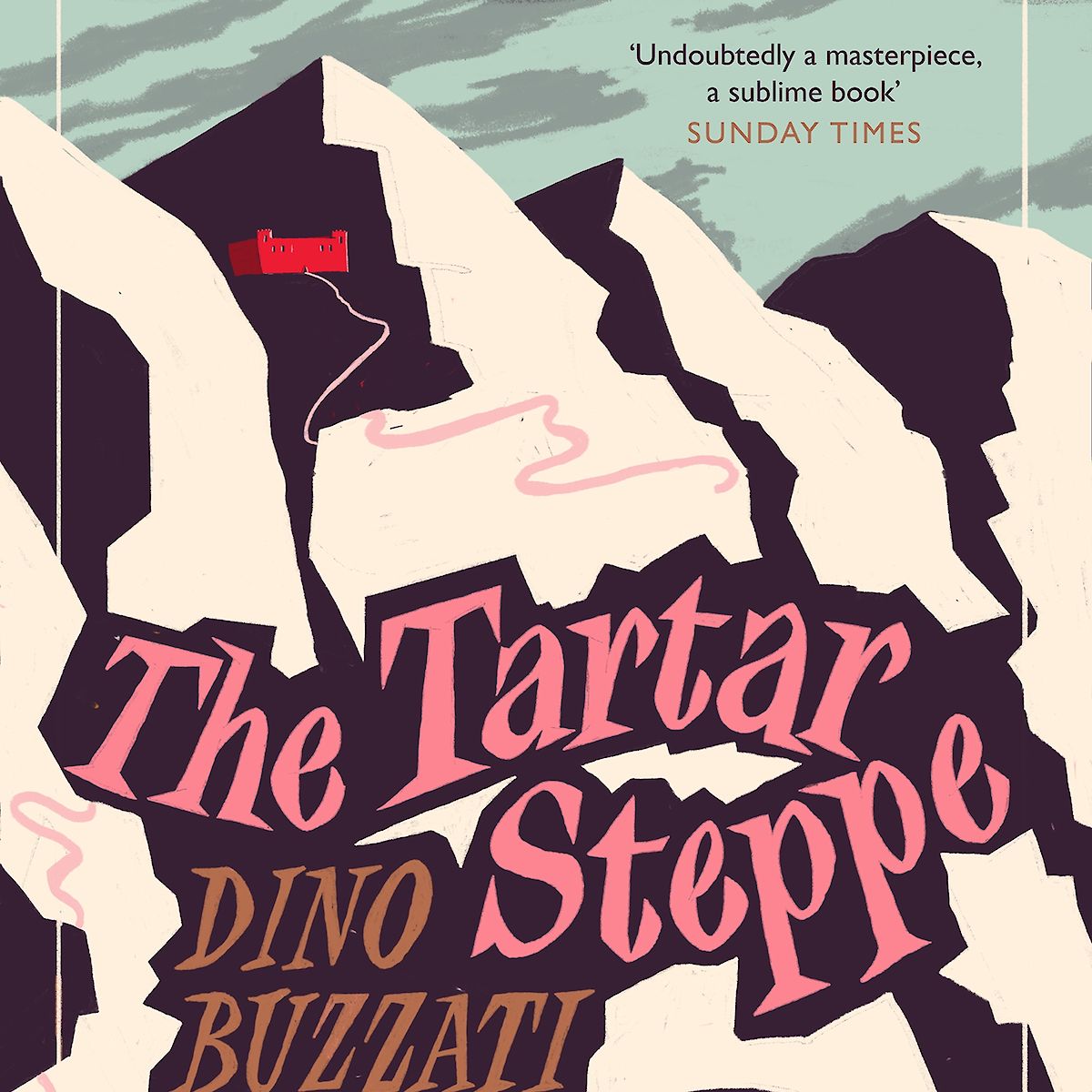
The latter also exacerbated the depth of the tragedy. Mukhamet Shayakhmetov articulates that those policies, regardless of how they had been initially meant, were carried out without required preparational work and with many transgressions committed by local officers. Among those who were put into jail, deported, and eventually died was the father of our author.

Many people designated as 'kulaks' were put into jail or deported. The USSR embarked on the road of turning all farmers in the country into hired workers totally dependent on the State. The famine claimed the lives of more than one million people in his homeland. The situation was aggravated by the bad harvest in Kazakhstan in the early 1930-s, according to the author. Those policies led to a catastrophic decline in agricultural production. Owning a horse may be regarded as a crime.

The regime under Stalin declared a fight against the class of presumably well-off farmers who were labeled kulaks. This term refers to Soviet policies aimed at disbanding individual farms and turning them into collective farms owned by the State. His childhood coincided with collectivization.

The author recalls his childhood and youth in Soviet Kazakhstan and highlights the entirety of that heartbreaking experience. The final chapter details the journey home that Mukhamet Shayakhmetov undertook after he had been discharged from the army due to his medical condition (the author was severely wounded near Stalingrad).

It ends during WWII in which the author participated as a soldier in the Red Army. The account begins with the events in the late 1920-s and early 1930-s during the time of collectivization in the Soviet Union.


 0 kommentar(er)
0 kommentar(er)
